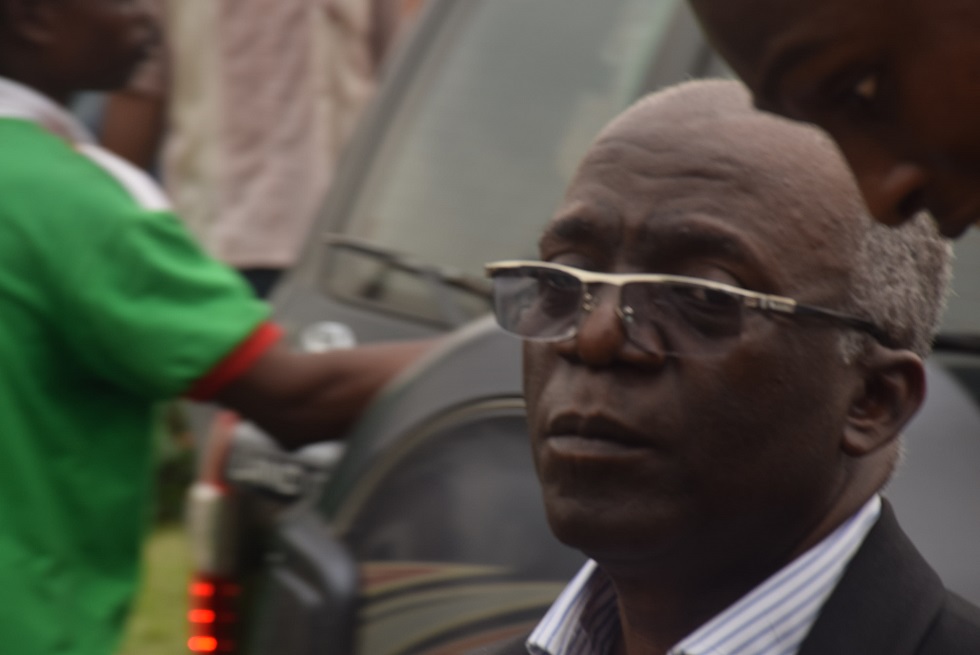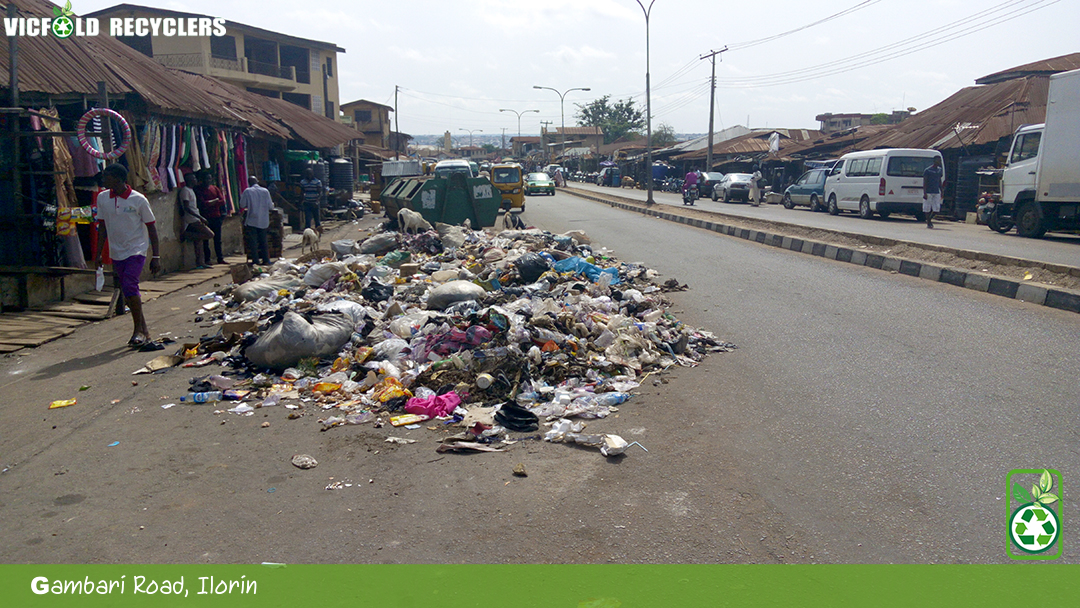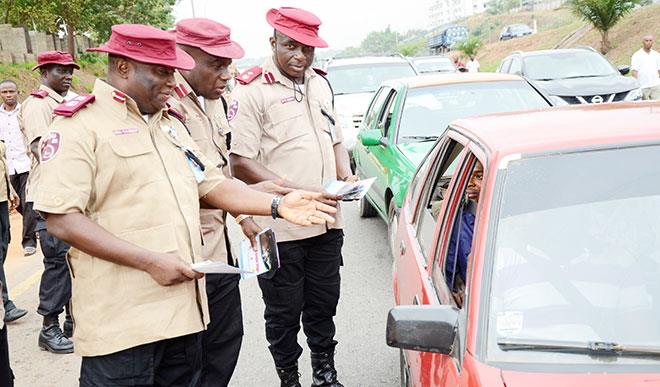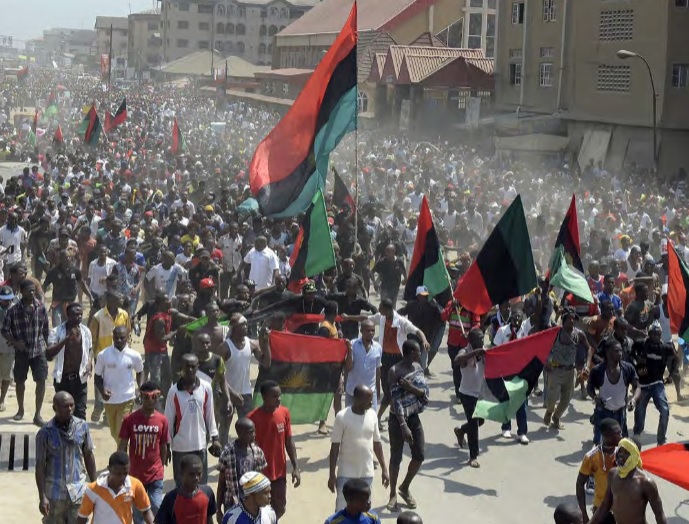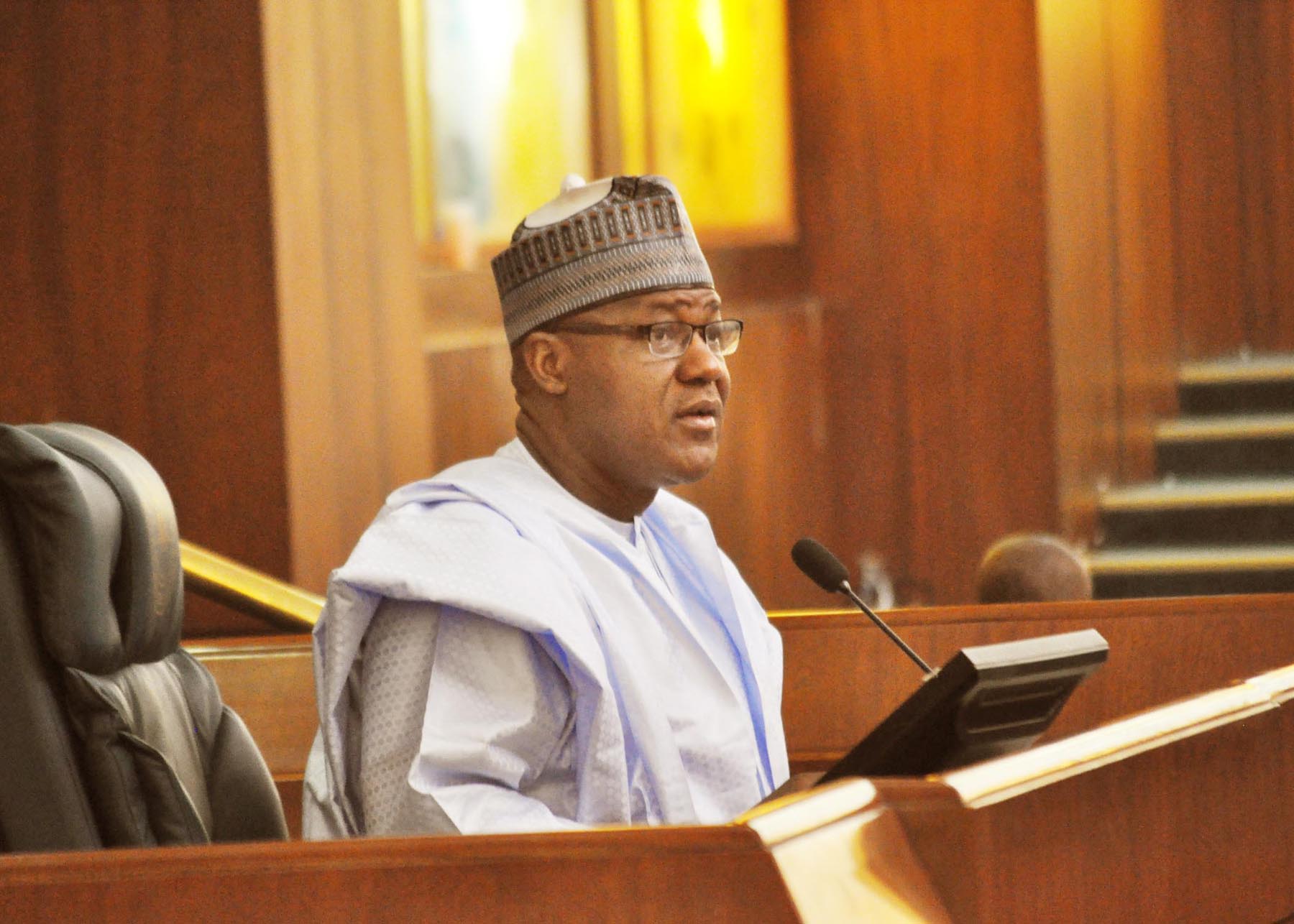BY IDOWU SAMUEL
Not too long ago, the peace and security of Nigeria ruptured, while the country suddenly found itself by a cliffhanger. The possible collapse of the country looked visible, as it struggled for succour under the silhouette of Boko Haram terrorism. This happened because of the immediate past government, by acts of commission or omission made Boko Haram invincible.
The real battle to contain the rampaging Boko Haram commenced in 2015. No sooner than he assumed power than President Buhari ordered the relocation of the military headquarters to the stronghold of the militants in the northeast zone of the country. That decision has produced unassailable results.
Today, the battle against terrorism is as good as won, while the gallant Nigerian military holds the credit. Leaving out the swift intervention by the present government, Boko Haram, many agreed, would have within months overran at least half of Nigeria, hoisting its flags all over in triumph.
The zeal by the Buhari’s government to contain terrorism in Nigeria looked unflagging though, yet, it soon began to contend with a dilemma of another danger posed by the growing influence of the Islamic Movement of Nigeria (IMN) led by fiery Sheik Ibrahim Yaqoub El Zakzaky.
Advertisement
The struggle for relevance by IMN was taking a mind-boggling dimension before President Buhari stepped in. Palpable terror had enveloped Zaria and the rest of Kaduna state where the Shiite sect had its headquarters. The Movement had its own army and command structure.
According to reports, some countries outside Nigeria believed that the Shia Muslims had their own government within Nigeria while adherents struggled to prove that point to the world in different ways. In December 2015, some IMN militants strangely dared the Nigerian army in Zaria. The Chief of Army Staff, Lt General Tukur Buratai had a raw deal with Shia militants who attacked his convoy in Zaria.
The arrest and detention of El Zakzaky by security operatives offered some measures of relief. The government of Kaduna State joined in the battle to limit the cataclysm, which the IMN was adding to the tension in Nigeria. It outlawed the movement in Kaduna, while other northern states followed suit.
Advertisement
Nigerians, most especially in the northern part rose against the Movement, contending that Nigeria should be saved the agony of prolonged war that may sprout from unresolved problems of religiosity. For an already traumatized nation, Boko Haram and the Shia Movement had constituted a twin nightmare, whereas a mishandling of the trouble could increase national woes.
The above narrative on the danger of having another religious sect let loose against Nigeria, after a prolonged war with Boko Haram, is the reason many may not agree with the hard stance by Lagos lawyer, Mr. Femi Falana against the Federal Government on the continued detention of El Zakzaky and former National Security Adviser, Sambo Dasuki, after the Court had ordered their release.
Mr. Falana, while calling for immediate release of El Zakzaky, branded two presidential aides, Alhaji Lai Mohammed and Malam Garba Shehu “Overzealous” for explaining the reasons for their continued detention. While Lai Mohammed cited National Security as a reason for the detention of El Zakzaky and Dasuki, the President’s spokesman, Mallam Garba Shehu dwelt on numerous litigations pending against them and which had not been trashed, as chief reason. Neither the Information Minister nor the President’s spokesman did any wrong educating Nigerians on issues at stake. It, however, amounted to a betrayal of emotion for the Lagos lawyer to ask Acting President Yemi Osinbajo to sanction the duo for performing their duties as spokespersons for the government and the President respectively.
Indeed, Falana should not be unmindful that the perceived violation of national security and the attendant crises traceable to extra-legal actions by El Zakzaky and Dasuki are reasons they are still under investigations and have remained in detention. He also should not be unmindful of the consequences of failure by the government to address the problems that arose from alleged unpatriotic and subversive reflexes of the two in exercise of their freedom at different points.
Advertisement
For instance, Dasuki had wronged his country by failing to live up to the status of his office given his alleged involvement in looting and squandering of the commonwealth of Nigeria when serving the past government of President Goodluck Jonathan. He is being accused of taking custody of a huge sum of $2.1 billion and acquiescing in sharing the loot just to guarantee the return of Jonathan to power in 2015. No one should forget how ill-equipped soldiers died fighting Boko Haram because Jonathan’s government deployed the money meant for purchase of arms and ammunitions to prosecute the war against terrorism for self-serving ventures. The $2.1 billion so squandered, if properly dispensed has enough muscle to complete the proposed Kano-Kaduna railway project, construct new classrooms in every secondary school across the federation or turn Nigeria into an export-oriented agricultural hub with proper mobilisation of competent farmers.
Indeed, it is high time Nigerians realised that their country has entered into a critical phase in which religiosity and corruption should be eternally discouraged, while learned fellows should be seen offering useful legal ideas for Nigeria to wriggle out of the cul-de-sac. For Nigeria to address the problem of religiosity and corruption, learned fellows should also refrain from playing to the gallery, throwing tantrums and reeling in emotions, just to fulfill some agenda not really in national interest.
The truth is that the detained El Zakzaky and Dasuki have the right to fight for freedom within the Nigeria’s legal framework. Yet, the issue in question is that their rights as citizens, in anyway do not supersede the rights of the Nigerian state and by extension the rights of Nigerians to peace, security and prosperity. In any case, the government is constitutionally empowered to determine which of the right of the citizens are violated, when and how to protect such violation.
Regrettably, lawyers like Falana failed to raise strident voices against the alleged excesses and infractions by the men government is holding in custody in protection of national interest
Advertisement
Samuel, a journalist and public affairs analyst, sent in this piece from Abuja.
Advertisement
Views expressed by contributors are strictly personal and not of TheCable.
Add a comment
